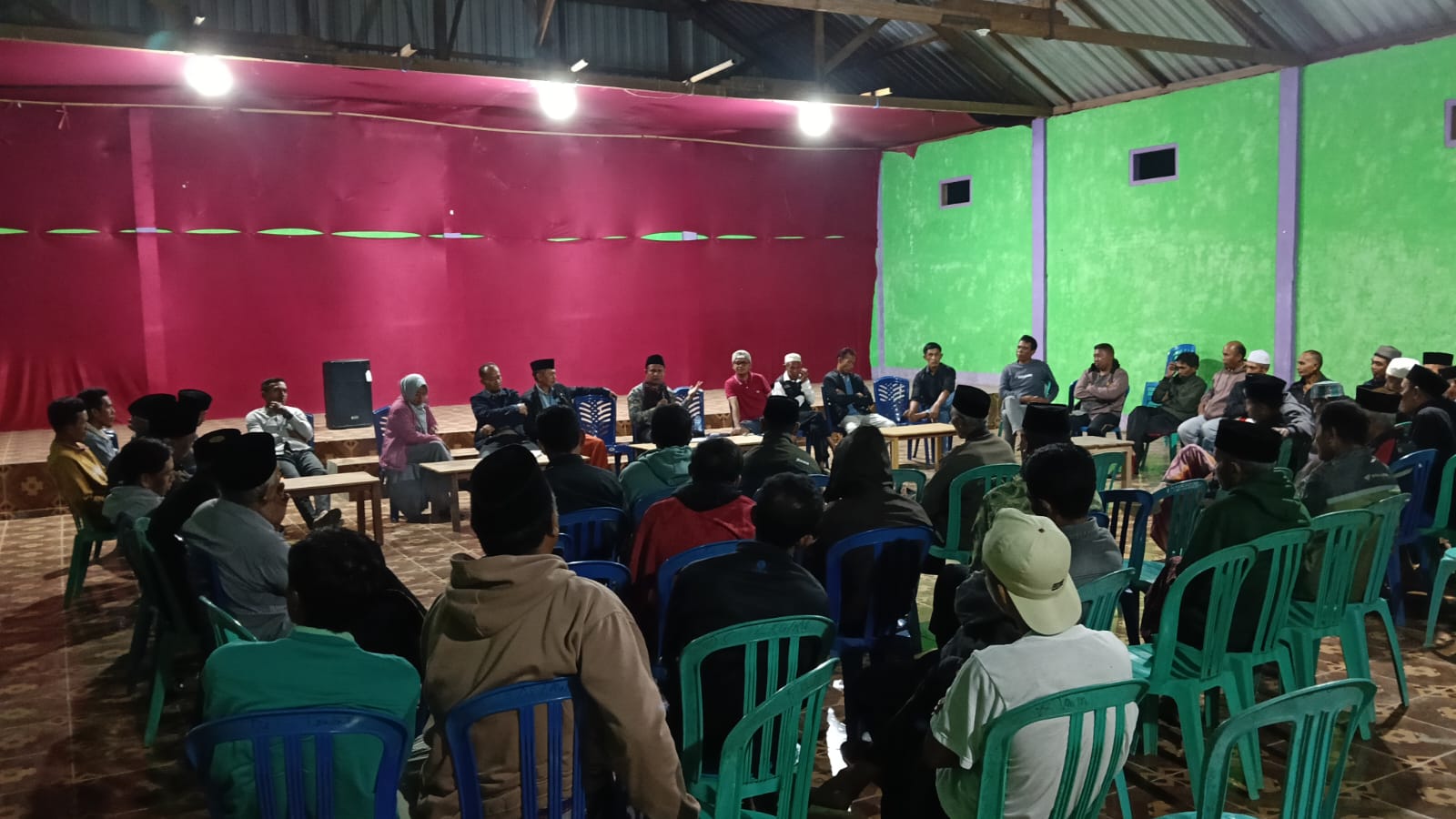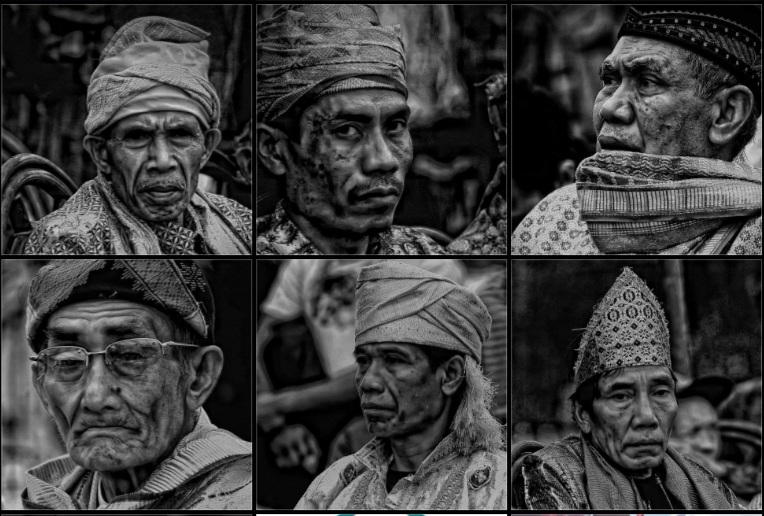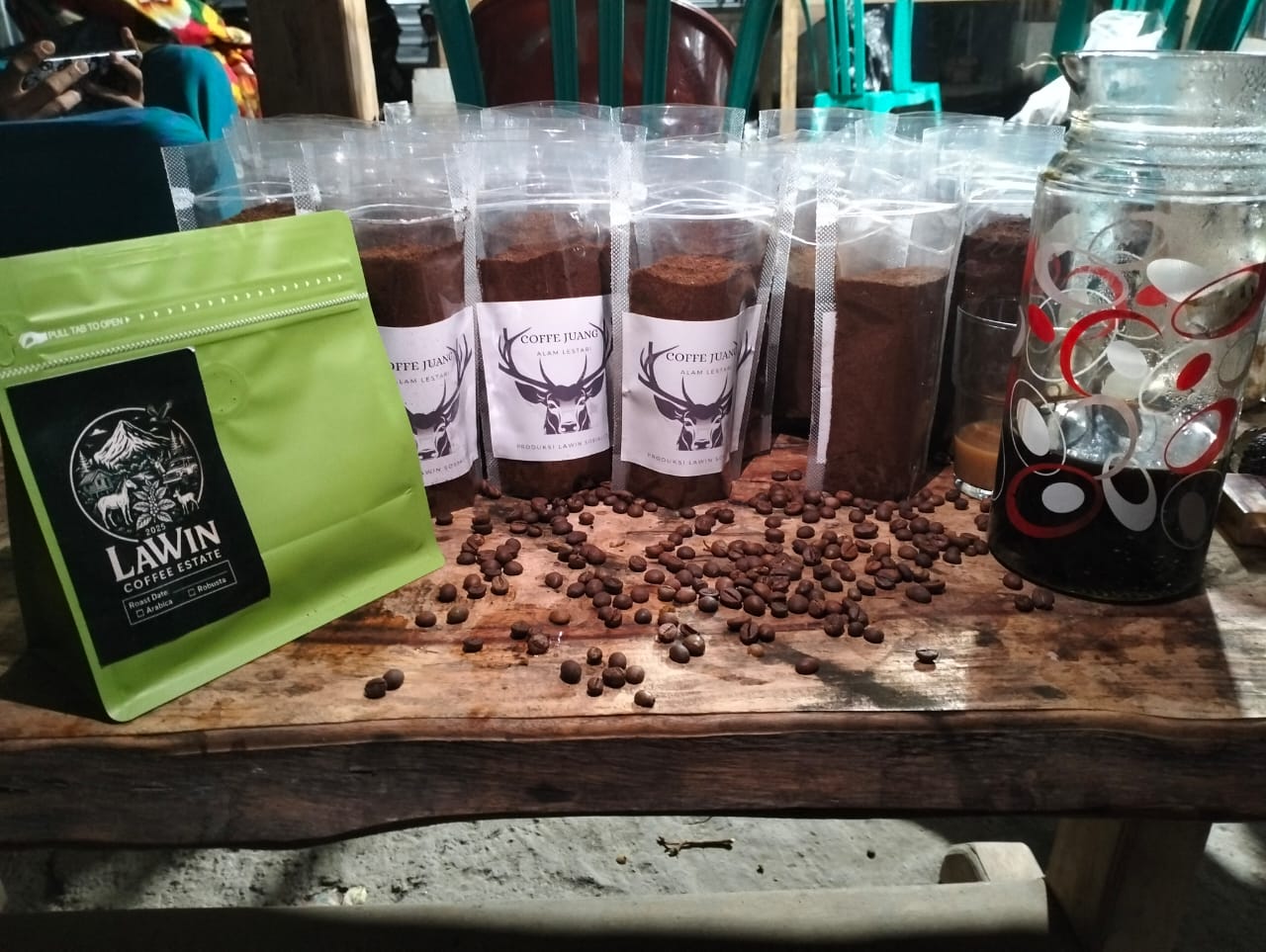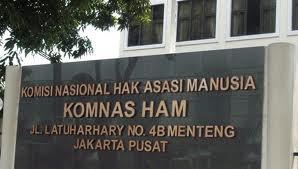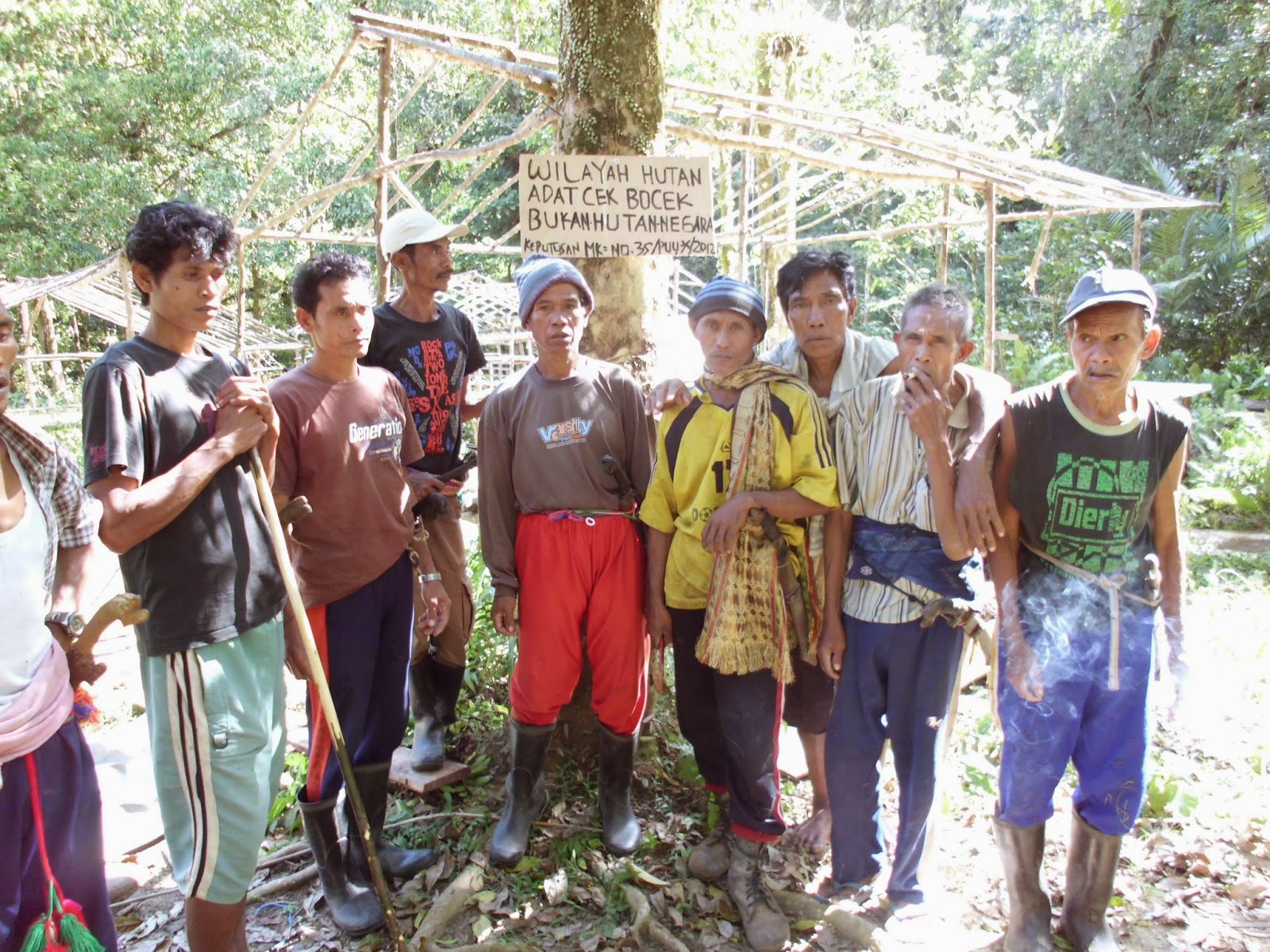Sumbawa, 9 August 2025 — On the occasion of the International Day of the World’s Indigenous Peoples, the Cek Bocek community, recognized as the Berco Indigenous People, has undertaken a decisive action. Instead of traditional celebrations, they have submitted a formal letter to Copper Mark, the international certification body for the copper industry, lodging a serious grievance concerning violations of indigenous rights by PT Amman Mineral Nusa Tenggara (AMNT) within the ongoing Elang mining project. This initiative transcends a local protest, serving as a pointed critique of the sustainability claims promoted by both the corporation and the certifying institution. The Berco community firmly rejects the designation of ‘sustainable’ for AMNT should their indigenous rights remain unacknowledged and unprotected.
Historical Context: From Newmont to AMNT
The conflict over indigenous rights in Sumbawa originates with PT Newmont Nusa Tenggara’s exploration activities commencing in the early 2000s. The mining concession overlapped with the ancestral lands of the Berco community. Despite persistent objections, operations proceeded without substantive consultation or consent.
When majority ownership transferred to PT AMNT in 2016, expectations for change arose. Nonetheless, patterns of exclusion and disregard persisted. Intensive exploration activities between 2018 and 2020, opening access to sacred forests, and the relocation of ancestral graves in 2021 were conducted without securing Free, Prior, and Informed Consent (FPIC) from the affected community.
The relocation of graves, acknowledged solely within AMNT’s 2024 sustainability report, underscores the company’s insufficient sensitivity towards cultural heritage of enduring significance.
Definitive Feasibility Study: A Critical Juncture
PT AMNT is currently finalizing the Definitive Feasibility Study (DFS), a vital phase preceding the commencement of full-scale mining operations. For the Berco people, this stage represents a decisive moment that will determine their future.
Mr. Febriyan Anindita, Chairperson of AMAN Sumbawa, affirmed, “Our future is being determined at this stage. Without Free, Prior, and Informed Consent, the DFS serves only as a superficial exercise of legitimacy.”
Indigenous leader Datu Sukanda further emphasized, “Our ancestral lands embody not only physical territory but the soul and history of our people. To disregard our voices is to undermine our very existence.”
Decisions undertaken without FPIC are not only legally deficient but pose a fundamental threat to indigenous rights and cultural continuity.
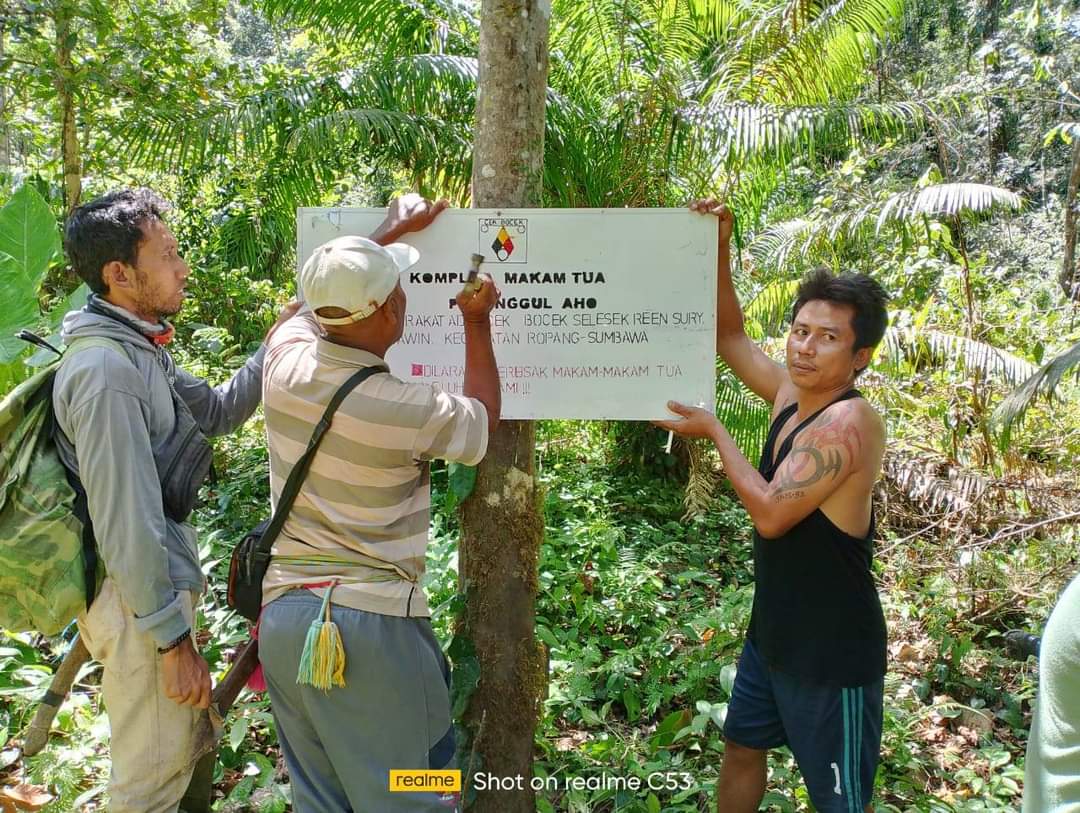
Copper Mark: Upholding Standards or Facilitating Greenwashing?
The 2024 Copper Mark certification process has come under scrutiny. The Berco community and AMAN allege that the certification framework excludes meaningful participation of the primary rights holders—the indigenous peoples.
In an era of heightened vigilance against greenwashing, certification lacking genuine validation from indigenous communities risks masking violations and diminishing the credibility of certifying institutions.
“If our concerns are disregarded, Copper Mark risks becoming a mere instrument of greenwashing for corporate interests,” stated Mr. Anindita.
International Support and Escalation
The grievances raised by the Berco people have garnered support from international networks such as the Asia Indigenous Peoples Pact (AIPP), Indigenous Peoples Rights International (IPRI), Accountability Counsel, and the Asia Indigenous Peoples Network on Extractive Industries & Energy (AIPNEE). The matter has been escalated to global platforms, including United Nations mechanisms and international financial institution grievance procedures.
This dispute extends beyond local boundaries, representing a critical test of corporate and certification adherence to human rights and sustainability commitments.
Reinforcing Indigenous Rights Amid Global Crises
The 2025 International Day of the World’s Indigenous Peoples carries the theme “Indigenous Peoples and Self-Determination in the Face of Global Crises.” This resonates nationally as “Strengthening Indigenous Peoples’ Rights Amid Global Crises.” In Sumbawa, the theme is expressed through resolute action rather than celebration—a steadfast assertion of indigenous rights.
Under the clear skies of Sumbawa today, instead of cultural festivities, a formal letter traverses international channels, embodying the Berco people’s determined challenge to systemic silencing.
This is a call for recognition, respect, and justice that must be realized before it is irrevocably delayed.

